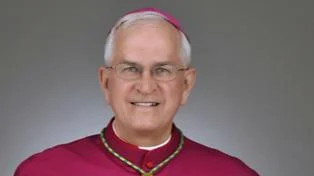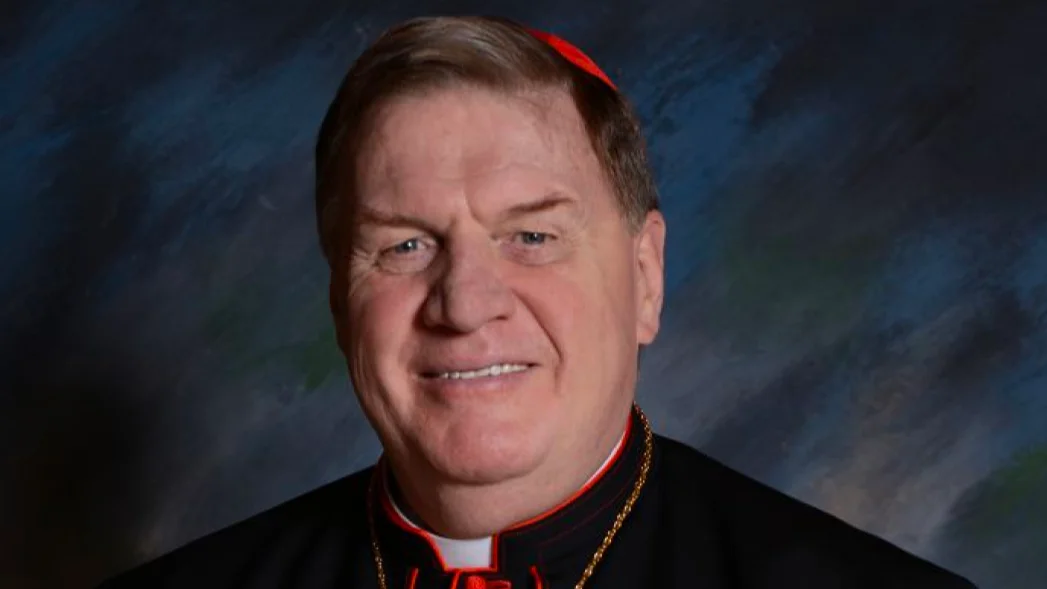
Reverend Joseph E. Kurtz, D.D. Bishop | Archdiocese of Louisville
More than 18,000 students and hundreds of teachers are returning to Catholic schools in the Archdiocese of Louisville as the new academic year begins. This year, all grade school students will encounter a revised religion curriculum.
Archbishop Shelton J. Fabre approved the updated curriculum for kindergarten through eighth grade in early August. The archbishop emphasized that helping students build a relationship with Jesus Christ is fundamental to the mission of Catholic schools.
“In living out that mission in a Catholic school, students must encounter Christ in their schools daily so they may become disciples of Christ who will bring the Gospel to life in their communities,” said Archbishop Fabre. “A shared commitment to the mission creates communities where students, families, educators and leaders are drawn together by a shared commitment to faith.”
He also noted, “Catholic schools fulfill their identity and mission when fundamental Catholic principles are expressed continuously in the school’s ritual and symbols, policies and procedures, and academic curriculum.”
“The faith development of students is primary to the mission of Catholic schools,” Archbishop Fabre added. “Therefore, it should be approached with great care and part of an ongoing process to ensure that our schools are providing an exemplary academic program for religious education and catechesis in the Catholic faith.”
The Archdiocese reviews its religion curriculum every five years. In this update, changes focus on how all members of the school community can live out the Catholic vision and mission, according to Christine Kelly from the Office of Catholic Schools.
Kelly led the review effort as a curriculum, instruction and assessment specialist. She explained that teaching is seen as ministry within Catholic schools.
“A beautiful sentiment in the document is that a school is a living sacrament. This is where our students come to encounter God and grace, and the people who work in Catholic schools are kind of the vehicles to do that,” said Kelly.
She noted that revisions were made primarily for clarity and accessibility rather than content changes because not all teachers have formal catechist training.
“A lot of our teachers aren’t trained as catechists; some of the very catechetical language isn’t as accessible,” said Kelly. “A lot of the changes in the document were less on content, since the catechism doesn’t change, and more around the accessibility of the document, and painting a clear picture of what our expectations are at each grade level.”
Kelly stated that four pillars form the foundation: creed, sacraments, life in Christ, and Christian prayer—drawn from “The Catechism of the Catholic Church.” The curriculum also includes six tasks of catechesis with specific standards for each task.
One notable change affects confirmation standards. Art Turner from Faith Formation explained these standards now stand alone rather than being included only for seventh or eighth graders since confirmation occurs at various grade levels throughout https://www.archlou.org/schools/.
Kelly concluded by expressing hope for greater integration across subjects: “Parents, families and students see a much more integrated approach to religion, potentially some more cross-curricular projects… Math teachers, science teachers, English teachers are pulling that thread through their core content as well.”





 Alerts Sign-up
Alerts Sign-up